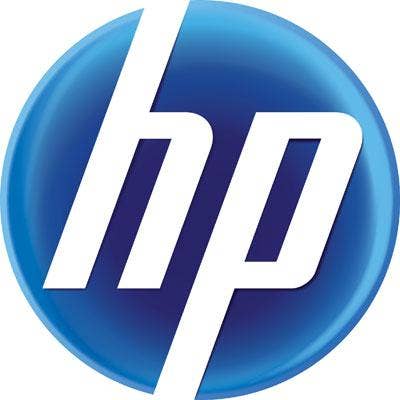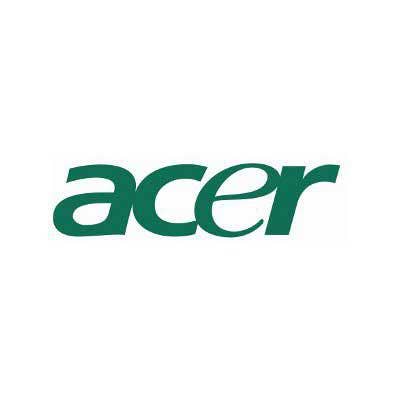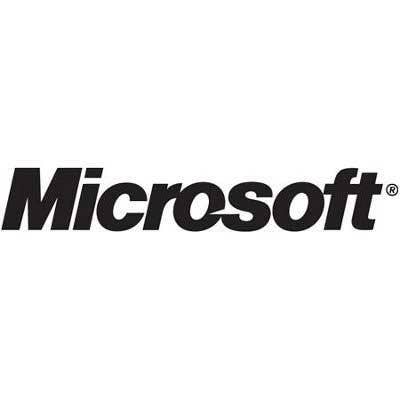Five Companies That Dropped The Ball This Week

HP Still Can't Make Up Its Mind On WebOS
Hewlett Packard held an all-hands meeting this week in which CEO Meg Whitman informed employees that HP needs three or four more weeks to decide what to do with WebOS. Whitman told employees that it doesn’t make sense to rush the decision and that if HP keeps WebOS, it'll be part of a long term strategy.
This sounds like the same waffling that has been coming from the HP camp ever since the now-infamous Aug. 18 Q3 earnings call. Some HP execs have insisted that WebOS can still play an important role, but to say they've done so in nebulous terms would be an understatement.

Google Partners Get Vocal About Channel Conflict
Google channel partners are getting fed up with competing against their vendor partner for business, and some vented their frustration this week at Google's GSocial conference in Santa Clara, Calif.
Partners are calling on Google to offer resellers a slice of direct sales when it infringes on their territory or a potential customer, and they'd also like to see Google adjust its cost structure so partners can match Google's without fear of losing margin.
"We are in a difficult business. Selling Google Apps is very tough. There are so many people fighting against us … We compete against Google," Louis Nauges, chief cloud evangelist for Revevol, a Germany-based Google VAR, told CRN this week.

Acer, Asustek Reportedly Cut Ultrabook Orders
Looks like ultrabooks might not be selling as well as their makers expected. According to a report from Digitimes this week, OEMs Acer and Asustek have cut ultrabook orders by 40 percent due to weak demand.
Pricing could be an issue, and Intel has reportedly been pushing ultrabook OEMs to lower prices. Acer is selling its Aspire S3 ultrabook in the U.S. for $899, or $200 less than it's selling for in Europe. Further price reductions in global markets may be necessary before customers start getting interested in this slimmed down PC form factor.

RIM Vows To Continue Supporting Flash On PlayBook
Adobe this week dropped support for mobile Flash, but RIM has decided to soldier on with Flash support on its Playbook. "As an Adobe source code licensee, we will continue to work on and release our own implementations, and are looking forward to including Flash 11.1 for the BlackBerry PlayBook," RIM said in a statement this week.
Meanwhile, RIM lost 1.8 million U.S. subscribers in the three months from June to September. And this week the company acknowledged issues with the Blackberry service that have been causing delayed messages for some customers. Should Flash support on a tablet that's not selling well be a priority for RIM right now?

Microsoft Doesn't Issue Patch For Duqu Worm
Notably absent from this week's November Patch Tuesday release was a fix for the zero-day vulnerability that's currently being exploited by the Duqu worm. Microsoft released a workaround for the issue and says the risk from Duqu is low, and the software giant may see fit to issue an out-of-band patch. But some industry watchers believe the threat from Duqu might be greater than Microsoft says it is.